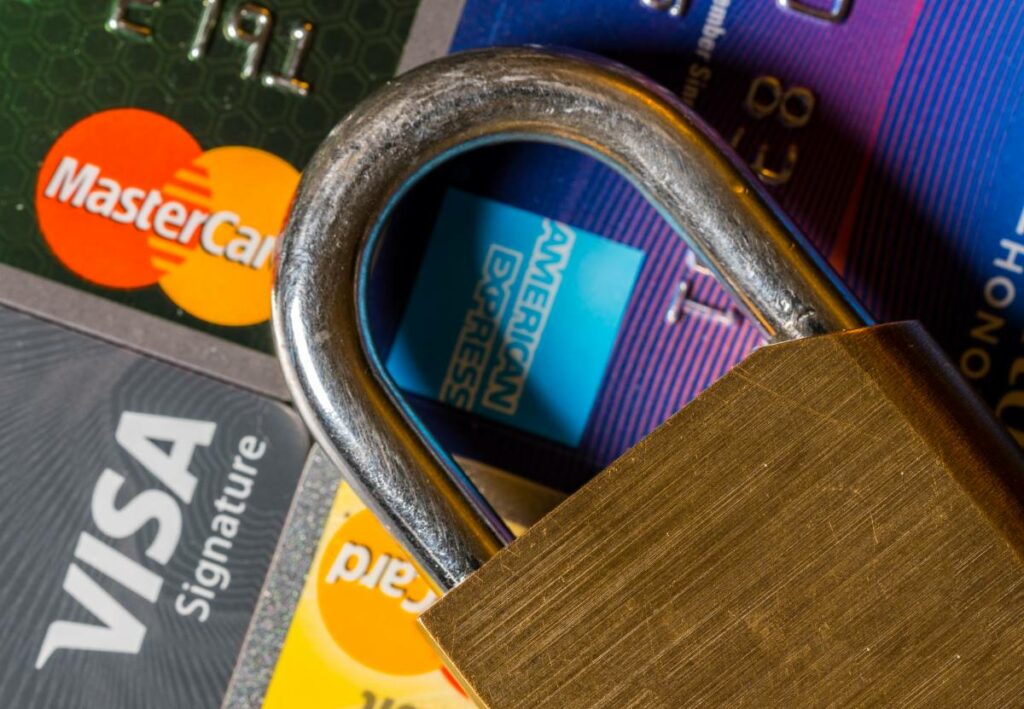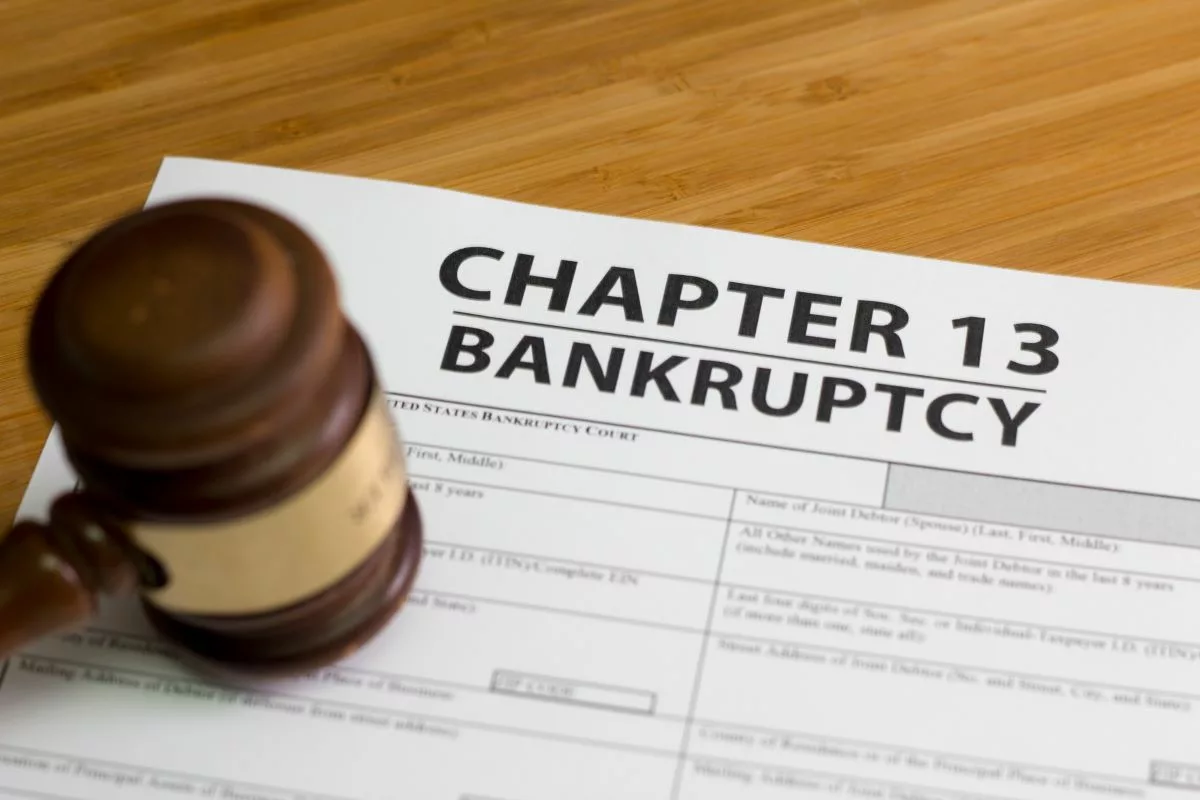Identity theft and fraud are one of the biggest vices in this digital age. With the aid of technology, criminals can easily access personal information and use it to carry out a series of fraudulent activities.
However, setting up a fraud alert and credit freeze may be a surefire way to combat this problem and protect your information. Fraud alert and credit freeze are different strategies and measures that can be used independently or together to protect your account. Let’s see how each of them works, and how you can set them up.

- What Is a Fraud Alert?
- Why Is Fraud Alert Important?
- Situations Where Placing a Fraud Alert Is Essential
- What Is a Credit Freeze?
- Why Is Credit Freeze Important?
- Difference between Fraud Alert and Credit Freeze
- How To Set Up a Fraud Alert
- How To Set Up A Credit Freeze
- Can You Set Up a Fraud Alert and Credit Freeze at the Same Time?
- Can You Remove Fraud Alert and Credit Freeze Immediately?
- Secure Your Financial Future
What Is a Fraud Alert?
A fraud alert is a warning sign placed on your credit report by any of the three major credit reporting bureaus (Experian, Equifax, or TransUnion) to notify potential lenders that your identity has been compromised.
When lenders receive an application for credit in your name, they’d be mandated to take specific steps to verify your identity before approving such requests. This may include contacting you directly or requesting additional information to verify your identity.
It is important to note that while a fraud alert will not prevent all forms of identity theft, it makes your account more difficult for criminals to infiltrate.
Why Is Fraud Alert Important?
There are several reasons why you should put a fraud alert on your Social Security Number. They include:
- Early detection. When you file a fraud alert, you will be notified when potential lenders receive a loan application in your name. This gives you time to take action and prevent unauthorized activity.
- Free of charge. Placing a fraud alert on your credit report is free of charge, and placing a fraud alert over the phone or online.
- Extra security measures. When creditors see the alert on your credit report, they’d be mandated to request additional information to verify your identity before approving credit applications.
- Peace of mind. Placing a fraud alert can give you peace of mind, as you will become confident that your personal information is protected.
Situations Where Placing a Fraud Alert Is Essential
Filing a fraud alert on your credit report is recommended in the following areas:
- Having your wallet stolen or misplaced
- Being contacted by a creditor you do not owe
- Noticing suspicious activity on your bank or credit accounts
- Receiving bills for subscriptions and accounts you didn’t open
- Becoming a victim of a data leak
In any of these situations, placing a fraud alert will prevent future occurrences, as potential creditors will request extra information to verify your identity.
What Is a Credit Freeze?
A credit freeze (or security freeze) is the process of completely restricting access to your credit report. Lenders and creditors cannot access your credit information when it is initiated. Thus, they will not approve loan and credit applications.
A credit freeze prevents criminals from opening new credit accounts in your name.
Why Is Credit Freeze Important?
There are several reasons why freezing your credit report is essential. They include the following:
- It prevents identity theft. A credit freeze permanently prevents criminals from opening new credit accounts in your name, as potential creditors will not be able to access your credit information.
- Zero impact on your credit score. A credit freeze does not impact your credit score or your ability to make use of your existing credit accounts.
- Comprehensive protection. Credit freezes provide more protection on your credit report compared to fraud alerts.
- Cost-effective. Setting up a credit freeze on your account is free of charge. Unfreezing your credit account temporarily or permanently is also free.
- Flexibility. You have the flexibility to temporarily lift a credit freeze to apply for a new credit and initiate it afterward.
Difference between Fraud Alert and Credit Freeze
There are several differences between a fraud alert and a credit freeze, even if both are measures to protect your credit information. They include:
- Their purpose. While fraud alerts are placed to make creditors take extra steps to verify your identity, credit freezes restrict every access to your credit report.
- Access. With a fraud alert in place, potential creditors can still access your credit report. However, they will be required to verify your identity. With a credit freeze in place, creditors or criminals will not be able to access your information.
- Duration. Fraud alerts typically last for 90 days but can be extended. However, credit freezes stay put until you lift them temporarily or permanently.
Remember that while a fraud alert is less restrictive, a credit freeze provides comprehensive protection to your credit report.
How To Set Up a Fraud Alert
Setting up a fraud alert is a simple process. You can contact one of the three major credit reporting bureaus. You only need to contact one of them, as they are mandated to contact the other two by law. You can place a fraud alert over the phone or online:
- Equifax – 800-685-1111
- Experian – 888-397-3742
- TransUnion – 888-909-8872
You can choose the duration of the fraud alert on your credit information. The default duration is 90 days. However, you can apply for an extended alert for up to 7 years.
Documentation Needed
You will provide the following information when filing a fraud alert on your credit report:
- Your Social Security Number (SNN)
- Police report, if you are a victim of identity theft
- Driver’s license or passport
- Phone number or current address
How To Set Up A Credit Freeze
Setting up a credit freeze is quite different from fraud alerts. In this case, you are required to contact each of the credit reporting bureaus individually. You can apply for a credit freeze online or via phone:
- Equifax. Online at their website or call 800-685-1111
- Experian. Online at their website or call 888-397-3742
- TransUnion. Online at their website or call 888-909-8872
Freezing and unfreezing your credit information is free of charge. You will receive a confirmation letter that the credit freeze is in place. The letter will also contain instructions on temporarily lifting or permanently removing the freeze.
Documentation Needed
You will need the following documents for a credit freeze:
- Your Social Security number
- Date of birth
- Residential address
- Driver’s license or passport
- Utility bill or bank statement
Can You Set Up a Fraud Alert and Credit Freeze at the Same Time?
Yes. You can simultaneously set up a fraud alert and credit freeze on your credit report. It provides an additional layer of protection.
Can You Remove Fraud Alert and Credit Freeze Immediately?
Setting up and removing fraud alerts and credit freezes can be done in a few minutes. The credit reporting bureaus will ask for the documentation mentioned earlier to remove and lift the alert and freeze, respectively.
Secure Your Financial Future
Setting up a fraud alert and credit freeze is a strategic step toward protecting your personal information from identity theft. Both of these measures are designed to provide protection and prevent unauthorized access to your credit report. Now you know how to protect your credit information by deploying these measures. Your peace of mind is non-negotiable.





